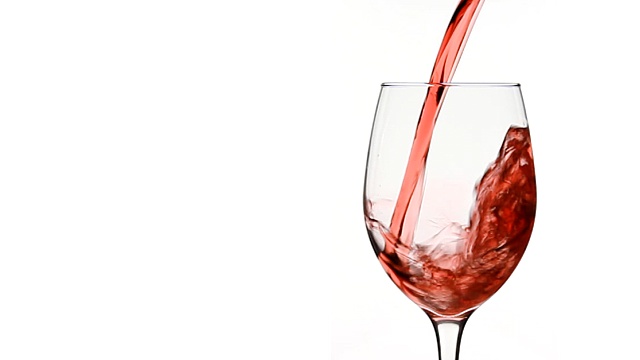A traditional beverage across many countries and cultures, red wine has often been hailed as not only one of the classiest drinks, but also as one of the healthiest alcoholic options available.
This claim is not without scientific evidence; compounds in wine, namely polyphenols, have displayed antioxidant effects in numerous studies. It has been shown that these antioxidant compounds are potentially protective against conditions associated with oxidative stress, such as coronary heart disease.
However, while the therapeutic effects of these polyphenols have been only moderately characterized, the damaging effects of alcohol on the body are well known. One particular repercussion of repetitive alcohol consumption is liver oxidative damage, in which the alcohol found in beverages is converted to reactive, toxic products. Because red wine has both alcohol and antioxidants, opinions are mixed regarding its health benefits.
Recently, a review in the European Journal of Nutrition considered this dual property of red wine. Looking specifically at red wine consumption following meals, the study examined markers of inflammation such as oxidative burst. Oxidative burst is the release of reactive oxygen species, chemically active molecules that can cause significant damage to cell structures.
div class=”getty embed image” style=”background-color:#fff;display:inline-block;font-family:’Helvetica Neue’,Helvetica,Arial,sans-serif;color:#a7a7a7;font-size:11px;width:100%;max-width:509px;”>
Yet another reason to drink more red wine!
When patients were fed a high-fat meal, their antioxidant defenses were decreased, which the researchers hypothesized was caused by an oxidative burst, leading to a inflammatory response. This effect was exaggerated when patients consumed red wine with their meal. However, when patients were given a grape extract supplement, this inflammatory effect was suppressed. Furthermore, when patients drank 200 milliliters of red wine over a 14 day period, their oxidative burst was reduced: a positive effect.
Altogether, while excessive alcohol consumption can be damaging to your body, red wine may have some positive side effects. However, further research is still needed to fully investigate these benefits, so even if you choose to class up your dinner party with a bottle of merlot, be sure to enjoy it in moderation.
Peluso I, Manafikhi H, Reggi R, Palmery M (2015). Effects of red wine on post-prandial stress: potential implication in non-alcoholic liver disease development. European Journal of Nutrition.
Feature Image Source: Dave Dugdale










